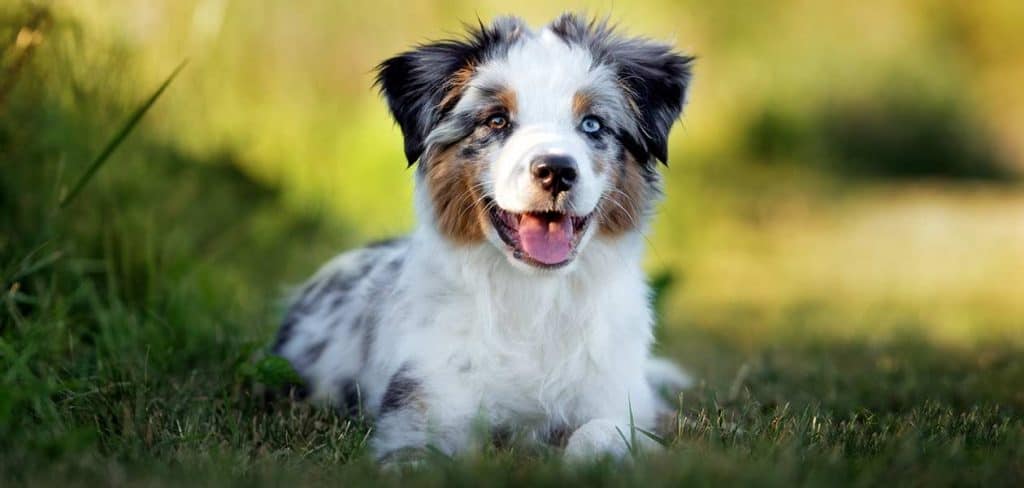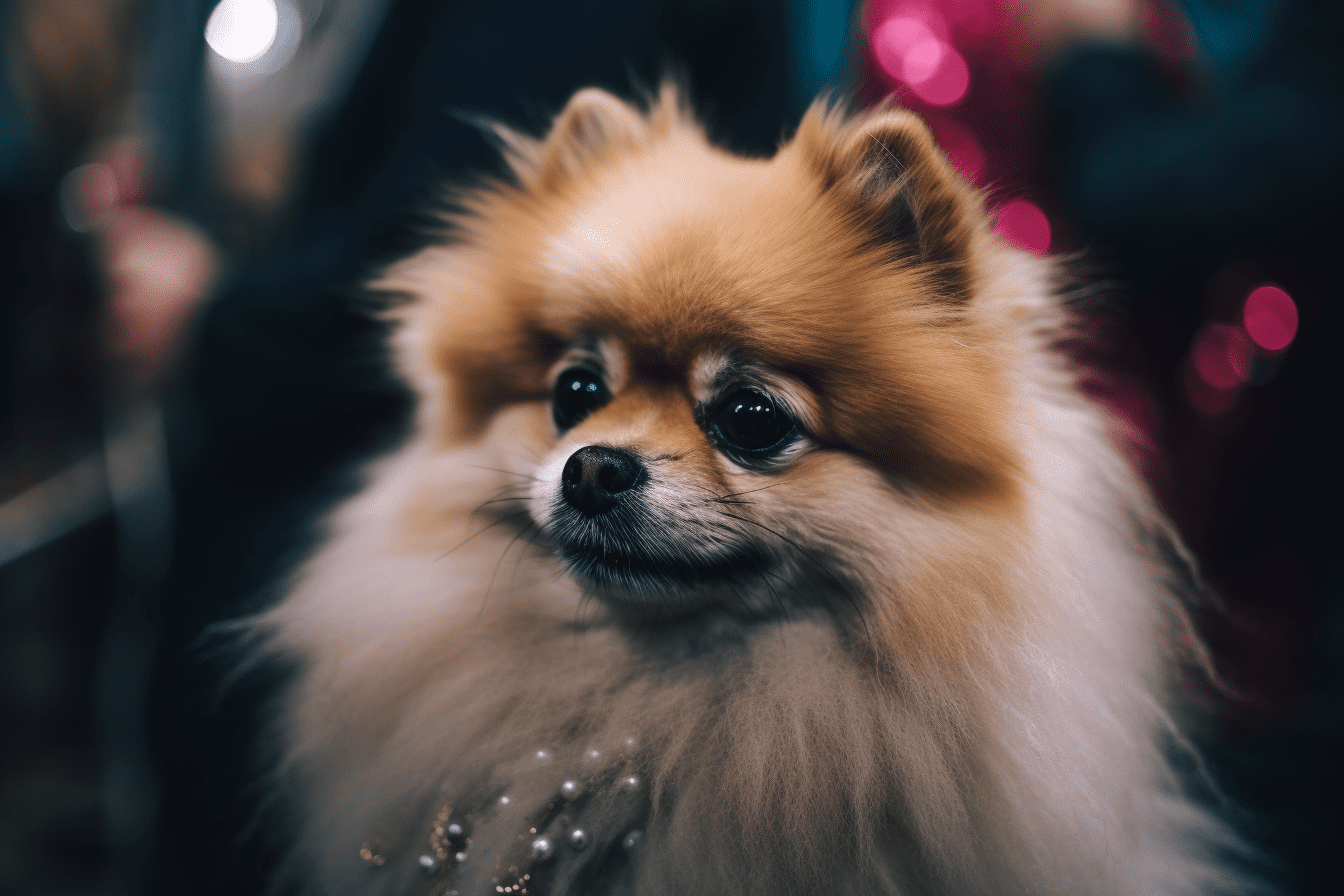As a veterinarian, I know firsthand the significant role that diet plays in a dog’s overall health and well-being. One crucial aspect of a dog’s diet that often goes overlooked is the quality and quantity of protein in their food, which directly impacts their fur quality.
In this article, we will explore the connection between protein in dog food and fur quality, and how it can affect your furry friend’s coat.
Roadmap
Diagnosing and managing allergies in dogs is a step-by-step process, and requires adjustments when changes and relapses occur.
You’re in the management stage…

Key Takeaways
- Protein is essential for a dog’s fur quality as it plays a critical role in the growth and maintenance of healthy fur, including promoting fur strength, pigmentation, and overall coat vibrancy.
- Not all proteins are created equal, and the quality of protein in dog food can vary significantly. Animal-based proteins, such as chicken, beef, fish, and lamb, are considered high-quality sources of protein for dogs as they contain all the essential amino acids and are highly digestible and bioavailable.
- When choosing dog food, it’s important to look for specific named protein sources, such as “chicken meal” or “salmon meal,” as the primary ingredient, and avoid generic terms like “meat meal” or “poultry meal” to ensure that the protein content is derived from a single animal source and of higher quality.
Why Protein is Essential for Your Dog’s Fur
Protein is an essential nutrient that plays a critical role in the growth and maintenance of a dog’s fur. Hair is primarily made up of a protein called keratin, and adequate protein intake is necessary for the production of healthy, strong, and lustrous fur.
Protein also helps in maintaining the pigmentation of the fur, giving it its natural colour and vibrancy.
Protein is also responsible for supporting the overall health of a dog’s skin. A healthy skin barrier is vital in preventing dryness, itchiness, and other skin irritations, which can directly affect the quality of the fur. Protein helps to strengthen the skin barrier, keeping it moisturized and protected, which in turn promotes a healthy coat.
Challenges and Criticisms: Not all proteins are created equal
While protein is essential for a dog’s fur quality, there are some challenges and criticisms related to the topic.
Here are some possible challenges and criticisms of the main arguments:
- Conflicting Information: There is a plethora of information available on dog nutrition, including varying opinions on the ideal protein levels for different breeds, ages, and activity levels of dogs. This, I know, can create confusion among dog owners, leading to challenges in determining the right amount and type of protein to feed their dogs for optimal fur quality.
- Quality of Protein: Not all proteins are created equal. The quality of protein in dog food can vary significantly depending on the source and processing methods. Some lower-quality dog foods may contain protein from inferior sources, such as by-products or fillers, which may not provide the necessary amino acids for optimal fur quality. This can affect the overall effectiveness of the protein in promoting healthy fur.
- Individual Variations: Just like humans, dogs have individual variations in their nutritional requirements. Some dogs may have specific dietary restrictions or allergies that limit their protein options, which can affect their fur quality. It is essential to consider a dog’s individual needs and consult with a veterinarian to determine the right protein sources for them.
What is a High-Quality Protein for Dog Food?
When it comes to dog food, not all proteins are created equal. High-quality protein sources are essential for promoting optimal fur quality in dogs.
Here are some characteristics of a high-quality protein for dog food:
- Animal-based protein: Animal-based proteins, such as chicken, beef, fish, and lamb, are considered high-quality sources of protein for dogs. These proteins contain all the essential amino acids that dogs need for healthy fur and overall well-being. Animal-based proteins are highly digestible and bioavailable, meaning they are easily absorbed and utilized by a dog’s body, making them an ideal choice for promoting optimal fur quality.
- Named protein sources: Look for dog foods that list specific named protein sources, such as “chicken meal” or “salmon meal,” as the primary ingredient. These named protein sources indicate that the protein content is derived from a single animal source, which can be beneficial for dogs with food sensitivities or allergies. Avoid generic terms like “meat meal” or “poultry meal,” as they may not provide the same quality of protein.
Including high-quality protein sources in your dog’s diet can have a significant impact on its fur quality. It’s essential to carefully read and understand the ingredients list on dog food labels to ensure that your furry companion is getting the best possible protein for their fur health.
The Story of a King
As a veterinarian, I’ve seen firsthand the difference that a high-quality protein can make in a dog’s coat condition. One memorable case was a Pomeranian named King, who came into our clinic with a dull and lacklustre coat. After reviewing King’s diet, we discovered that he was being fed dog food that contained low-quality protein sources, such as meat by-products and fillers. We recommended a trial where we were switching King to premium dog food that had named animal-based protein sources as the main ingredient. Over 3-4 weeks, King’s fur quality improved dramatically, and he developed a soft, more shiny, and healthy coat that his owner was proud of.
However, it’s important to note that not all dogs may have the same response to protein sources in dog food. Some dogs may have specific dietary restrictions or allergies that need to be taken into consideration. That’s why consulting with your veterinarian is crucial in determining the best high-quality protein sources for your dog’s unique needs.
Your veterinarian can provide personalized recommendations based on factors such as your dog’s breed, age, activity level, and overall health condition.
Final Thoughts
In conclusion, protein is a critical nutrient that plays a vital role in a dog’s fur quality. It is important to ensure that your dog’s diet includes high-quality protein sources to support optimal fur health. Adequate protein intake promotes the production of healthy, strong, and vibrant fur, while also supporting a healthy skin barrier.
When choosing a dog food, it’s essential to read and understand the ingredients list and opt for high-quality dog foods that contain animal-based protein sources, such as chicken, beef, or fish, as the primary ingredient. Avoid dog foods that contain fillers or by-products as the main source of protein, as these may not provide the necessary amino acids for optimal fur quality.
Consulting with your veterinarian is always recommended, as they can provide personalized advice based on your dog’s specific needs, such as breed, age, activity level, and any dietary restrictions or allergies they may have. Your veterinarian can help you determine the right amount and type of protein to include in your dog’s diet to promote healthy fur and overall well-being.
Remember, proper nutrition is just one aspect of maintaining a healthy coat for your furry friend. Regular grooming, exercise, and adequate hydration are also crucial for promoting optimal fur quality. A healthy diet, combined with a comprehensive approach to your dog’s overall care, can help ensure that your furry companion enjoys a soft, shiny, and lustrous coat.

This article is written by…
Hayden Parker (He/Him) is a skilled veterinarian (DVM), and course instructor. With a focus on high professional competence, credibility, and respect.
As a family man, podcaster, and digital marketer, Hayden runs several websites.
His value statement centres on thoroughness, honesty, integrity, transparency, and respect for animals, owners, and fellow professionals.





